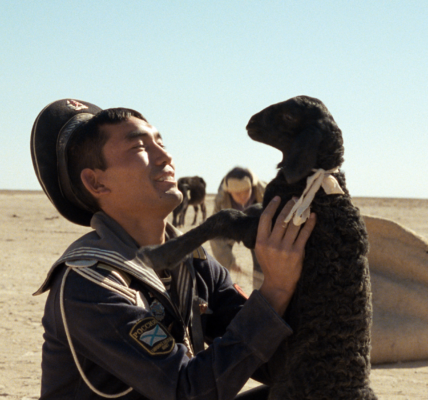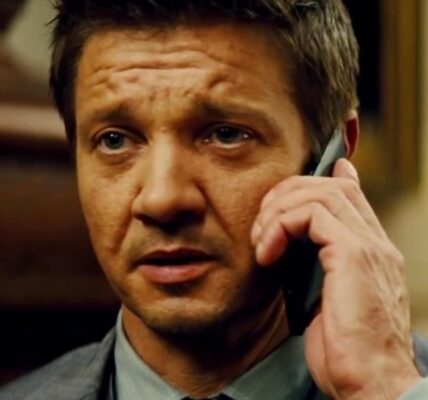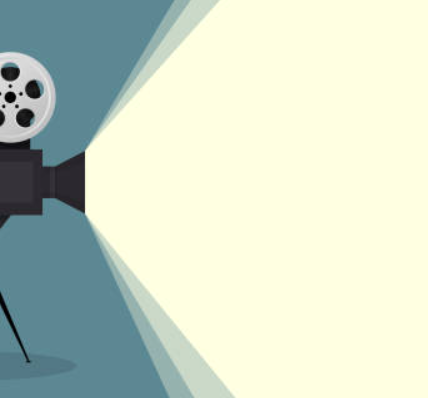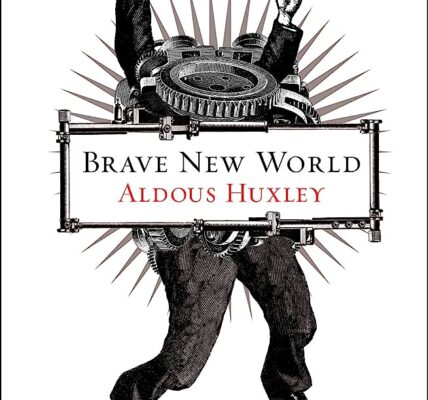Breaking In
Noel Clarke came to prominence playing Wyman Norris in the rebooted Auf Wiedersehen, Pet and starring as Mickey Smith in the all-new Doctor Who. Despite a growing fan base in television, what Clarke wanted most was to see his experience of life in London’s Ladbroke Grove represented on the big screen. Particularly as, while Spike Lee and John Singleton were blazing trails in the States, Britain seemed reluctant to define who its urban working-class citizens were, outside of Ken Loach films.
So in 2006 Clarke stepped in with his writing debut, cult-hit Kidulthood. The Daily Mirror described the film as being, “as potent as a shot of vodka before breakfast – a harrowing, uncompromisingly bleak but thoughtful look at the anguish of being young and poor in Britain.” It struck a chord with Britain’s youth, who felt a sense of ownership over the material. It seemed that the audience for which the film was made had a voice after all.
It led Clarke and Cipher Films producer George Isaac to discuss a sequel. Pathé came on board as UK distributor early in 2007 and support from the UK Film Council’s New Cinema Fund followed, while Kidulthood’s producer Damian Jones tied up financing and brought in sales company, Independent. It was at this point that the project’s backers started to float the idea of Clarke as director. Although he describes his first reaction to the suggestion as ‘wary’, Clarke soon decided it was a ‘once in a lifetime’ opportunity.
Adulthood took over £1.2 million on its opening weekend in summer 2008 — great business for a ‘low-budget’ film. Isaac’s decision to hand Clarke the reigns seemed vindicated, and it would also see Clarke win the BAFTA “Rising Star” Award for 2009. He has since worked with BBC Blast, a project for teenagers that aims to inspire and get people being creative. Clarke has recently served on the judging panel for Virgin Media Shorts–the short film competition aiming to shine a light on up-andcoming British filmmakers–and found the time in his busy schedule to meet with movieScope for a discussion on growing up, making films
and breaking in.
With Kidulthood, was it important to you to tell something of your own experience?
That’s why I was there. It was important to me. I had this acting career going on with Auf Wiedersehen, Pet and people had just started watching Doctor Who, and you’re seen in a certain light. But I grew up in a different environment and I never felt as if I was seeing any films in this country that were representing me.
When you speak to young people in London, do you find that they feel Kidulthood represented who they are as a generation?
Obviously I was a lot older than them by this time. The stuff that they are going through now, I was going through when I was younger. Cities, before, were segmented and labeled urban. Now you’ve got hip-hop and ‘grime’ music that has spread throughout the country. Even the kids that aren’t inner-city kids want to be inner-city kids! They know what they want and they know what they like. Kidulthood represented them. For me, the real catalyst was going to auditions, getting either stupid parts, or no parts at all. I kept thinking, ‘I can write better than this.’
To read this article in its entirety, subscribe to the print or digital edition












